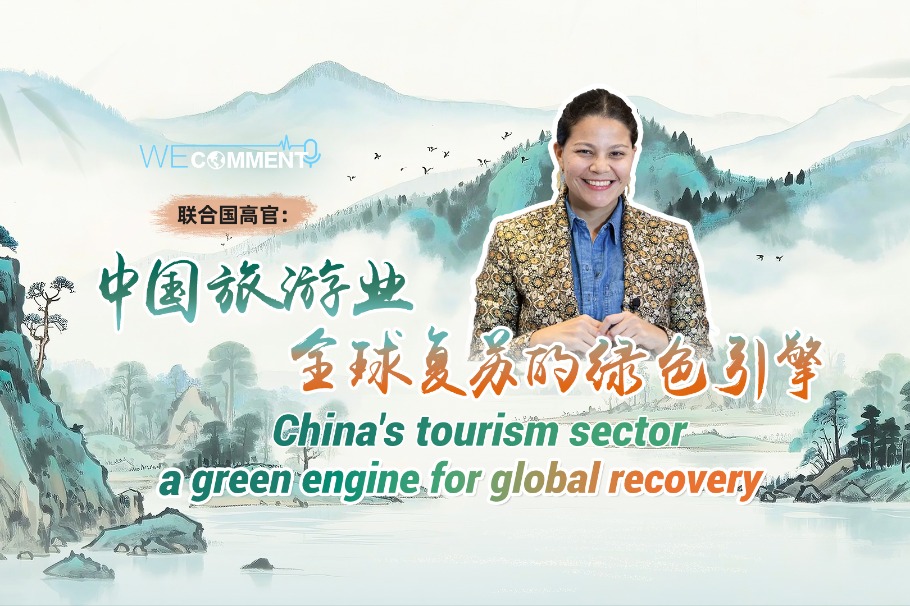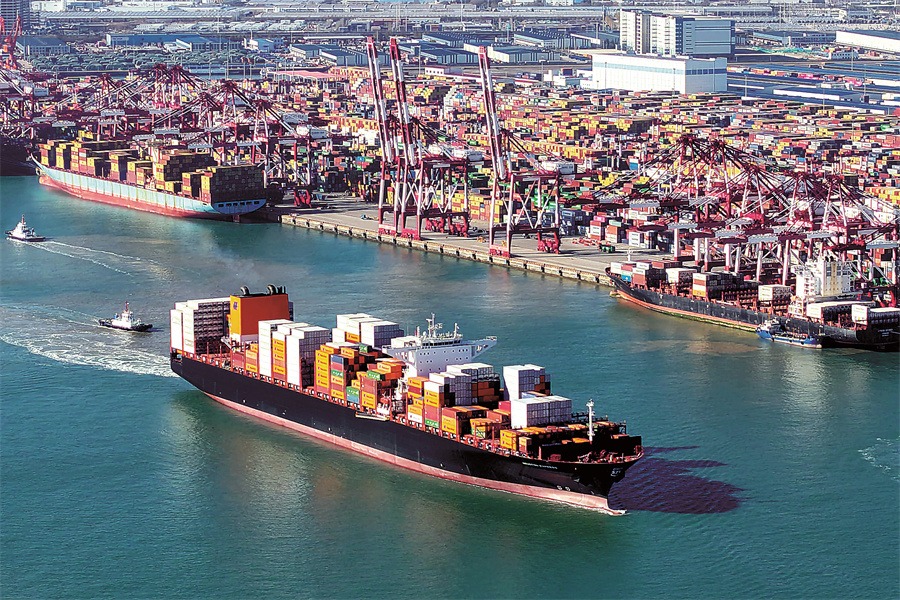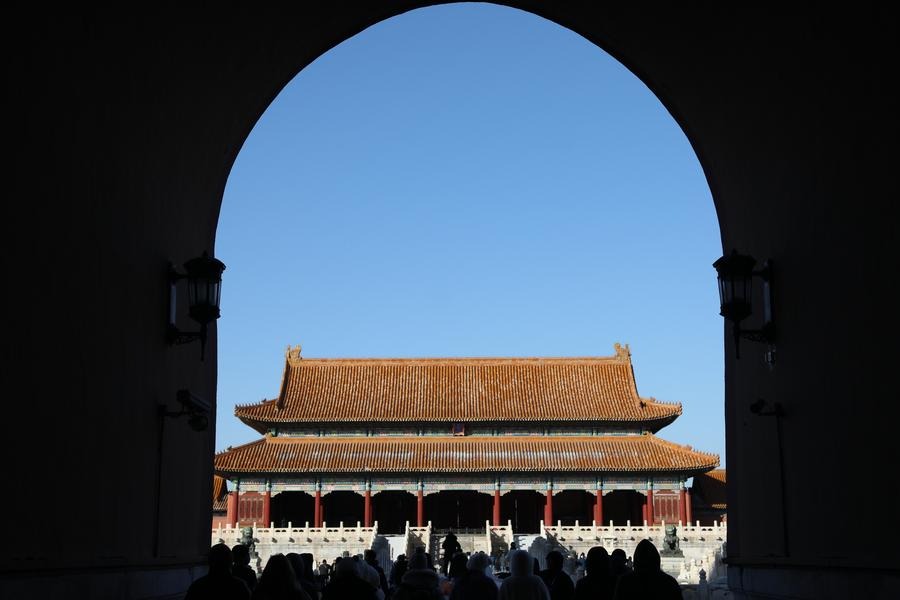Looking back to look ahead
China's accession to the WTO opened a new chapter for its participation in the globalization


China officially joined the World Trade Organization on Dec 11, 2001, a move that marked a key milestone in the nation's reform and opening-up and its modernization.
Its accession to the WTO has profoundly reshaped the relationship between China and the global economic system, enabling the nation to give full play to its comparative advantages, participate more deeply in the international division of labor and quickly develop itself into the world's most important trade and investment country. The accession has also facilitated China's greater involvement in global economic governance, boosted its international influence, effectively spurred the reform of its domestic economic system, while energizing its market players and unleashing the potential for economic growth.
After joining the WTO, China, as a member state, could better enjoy the institutional outcomes from international trade and investment liberalization and facilitation. This has created a more stable, transparent and predictable international economic and trade environment for China, and significantly boosted the confidence of foreign investors in China's participation in the international division of labor and commitment to foreign economic and trade cooperation.
Over the past 20 years, China has grown from the sixth to the second in the world in terms of GDP, the sixth to the first in terms of trade in goods, the 11th to the second in the trade in services, with the nation's actual use of foreign direct investment now topping all developing nations. China's outbound foreign direct investment has also moved up in global rankings from the 26th to the first during the period.
After joining the WTO, the nation strove to formulate and refine laws and regulations governing the market economy in line with multilateral economic and trade rules, eliminating non-tariff barriers and significantly reducing its level of tariffs. The overall tariff level has dropped from 15.3 percent to 7.4 percent, lower than the nation's promised level of 9.8 percent during its WTO accession. The competition in the domestic market has been brought to a higher level.
Over the past 20 years, the nation has taken an active role in the global economic governance system and rule-making. It has actively participated in the Doha round of trade talks and made key contributions to the success of the negotiations on the WTO Trade Facilitation Agreement and the expansion of Information Technology Agreement.
When China's WTO accession negotiations were basically concluded, China kicked off regional trade arrangements in a timely manner. In November 2000, China proposed the establishment of a free trade area with the Association of Southeast Asian Nations. By the end of 2020, China had signed 19 free trade agreements with 26 countries and regions. The Belt and Road Initiative, proposed by President Xi Jinping in 2013, has been endorsed by over 170 countries and international organizations. China has also actively participated in global economic governance platforms such as the G20. China has been committed to promoting the building of an open world economy at multilateral, regional and bilateral levels.
With China's accession to the WTO, the coverage of multilateral economic and trade rules has been greatly expanded, and the global supply chain has become more complete. China's contribution to global economic growth has stood at about 30 percent for many consecutive years. In the face of the new situation and new tasks, the nation must work toward fostering a new pattern of opening-up on a greater scale, in more areas, and at a deeper level.
To foster a new development paradigm, China is making paralleled efforts in deepening reform and expanding opening-up. It is important to continue pursuing supply-side structural reform as the main task and work toward a higher level of self-reliance in science and technology. China should give priority to the reform in developing a unified domestic market and guarantee unimpeded economic circulation. Besides, China should also scale up efforts to attract investments, technologies and professionals, integrate global innovation resources and promote the integration between domestic and external interests.
It is imperative to firmly seize the strategic opportunities brought about by digital transformation and green, low-carbon transformation, and accelerate the fostering of new international competitiveness for China's emerging industries. China needs to empower traditional industries with information technology, transform labor-intensive industries with intelligent manufacturing, and maintain the international competitiveness of its traditional exports. It is important to open up the service industry wider, vigorously develop the trade in digital services, strengthen intellectual property protection and enhance the global competitiveness of its capital- and technology-intensive industries.
China needs to align itself with high-level international trade rules and develop a new open economic system. The role of pilot free trade zones or free trade ports must be fully amplified to serve as pilot tests for high-level opening-up, and enable the exploration of a targeted oversight model for the orderly cross-border flow of data. The experience that is drawn from the FTZs must be summarized in a timely manner and be duplicated elsewhere. It is important to make the management and service system for outbound investment more efficient and coordinated in order to effectively safeguard overseas interests.
It is important to foster an enabling international economic and trade environment. China needs to train more high-caliber international economic and trade personnel, bring forth innovation in international economic and trade theories and methods, and harness its capacity for agenda-setting in international negotiations. It should also deepen its international development cooperation, take concrete steps to promote the high-quality development of the Belt and Road Initiative, accelerate the implementation of the United Nations 2030 Agenda for Sustainable Development, and promote the building of a community with a shared future for mankind.
The views do not necessarily reflect those of China Daily.
The author is vice-president of the Development Research Center of the State Council. The author contributed this article to China Watch, a think tank powered by China Daily.
Contact the editor at editor@chinawatch.cn


































